Partner Introduction: System Research Co., Ltd.
Interview Date: February 2024
System Research Co., Ltd. (hereinafter referred to as System Research), headquartered in Nagoya City, Aichi Prefecture, is a business partner of FLEXSCHE, supporting manufacturing companies primarily in the Tokai area and nationwide. With the management vision of being an "IT partner that supports businesses," we spoke with the company's Manufacturing System Division, which is dedicated to solving the challenges of manufacturing companies daily.
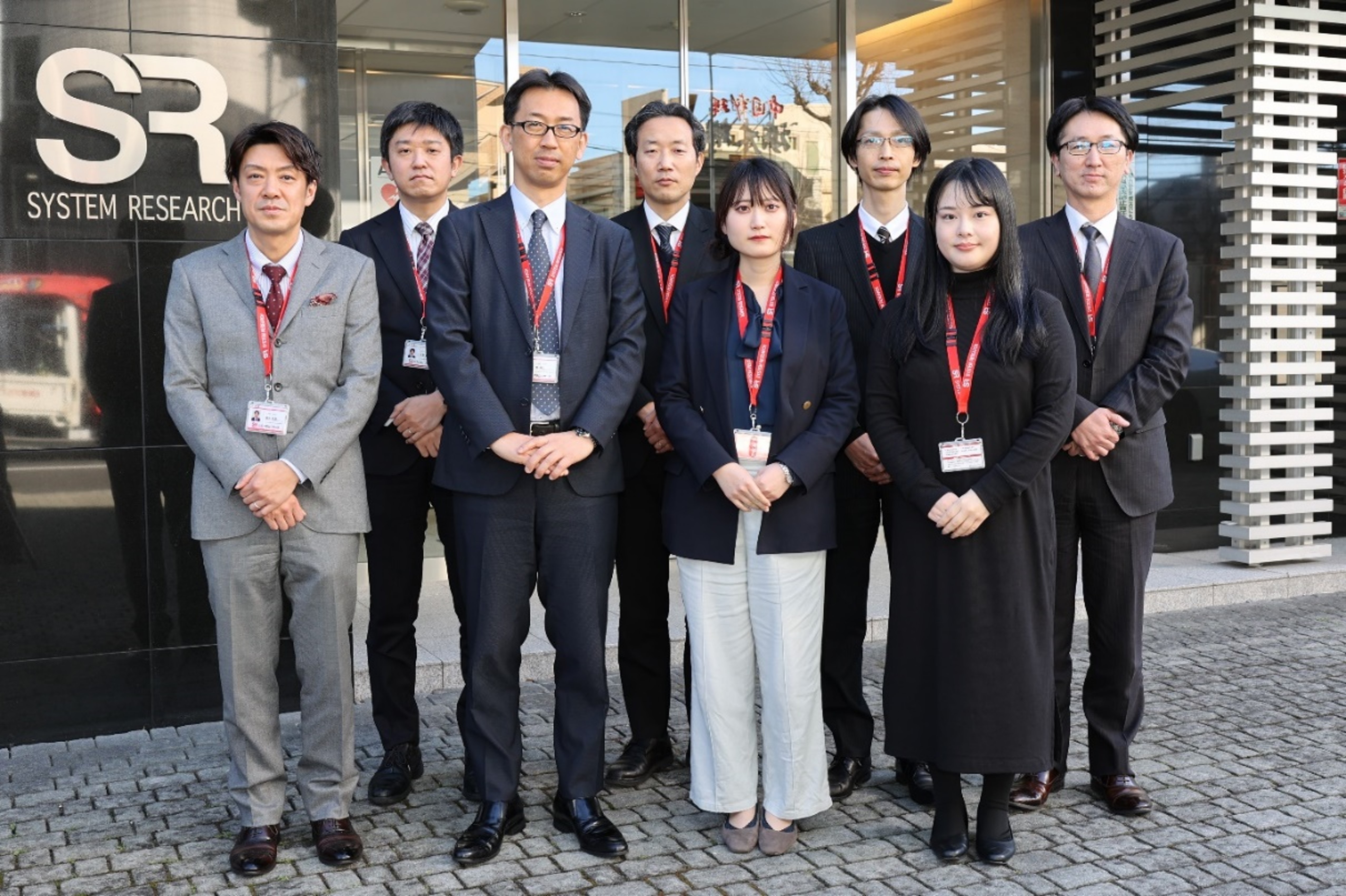
Profiles
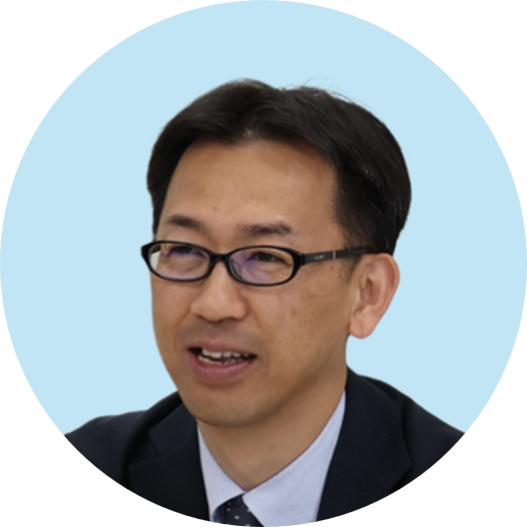
Manufacturing System Business
Mr. Hirohito Suga
Manufacturing System Division 2, Group 1
Senior Manager
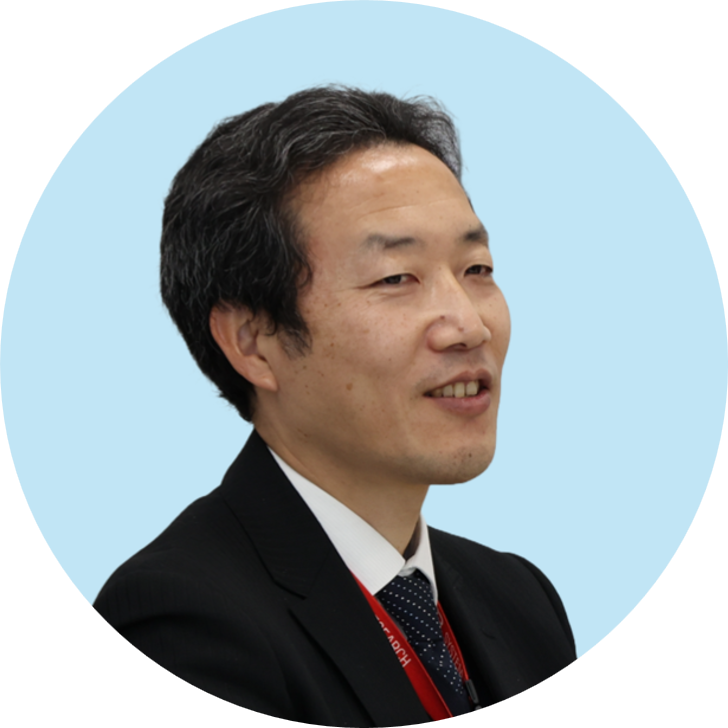
Manufacturing System Business
Mr. Mamoru Kobayashi
Manufacturing System Division 2, Group 1
Manager
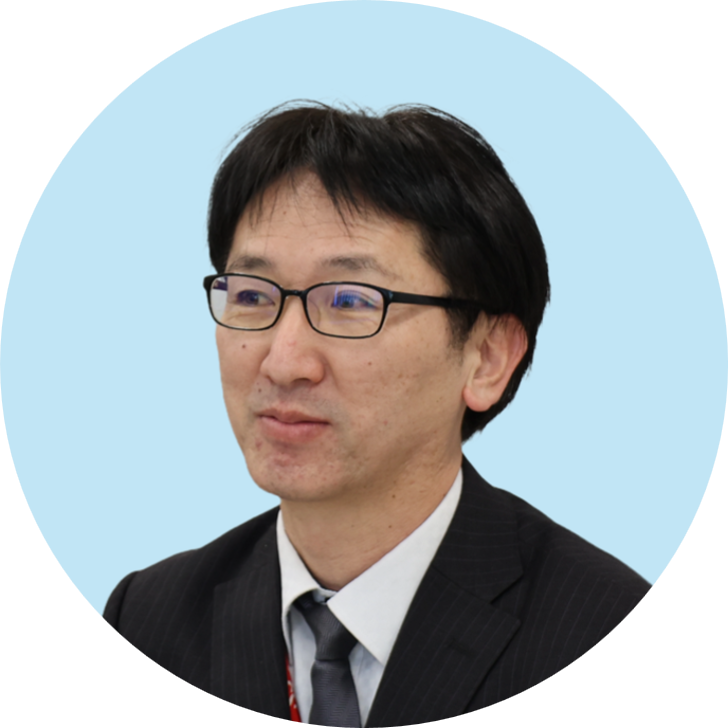
Manufacturing System Business
Mr. Ryoji Oga
Manufacturing System Division 2, Group 1
Leader
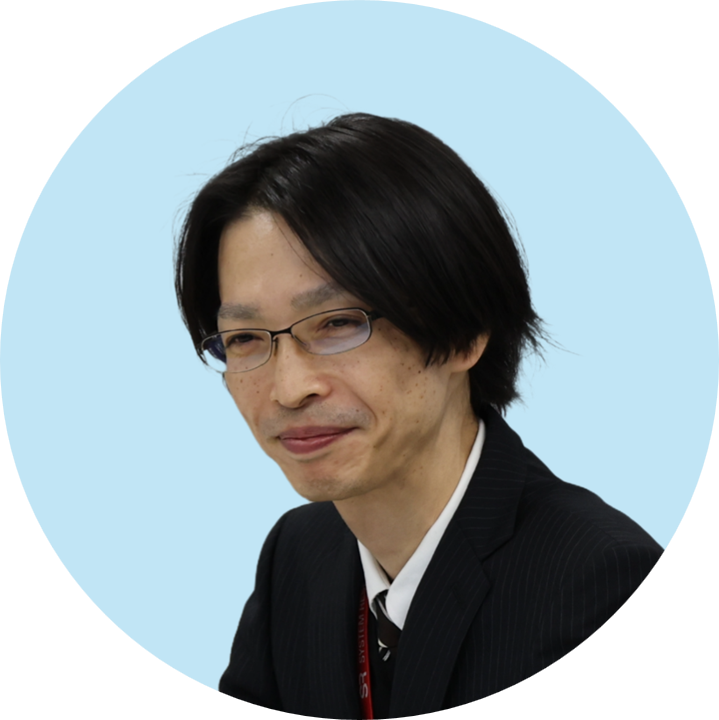
Manufacturing System Business
Mr. Toshiharu Mizuno
Manufacturing System Division 2, Group 1
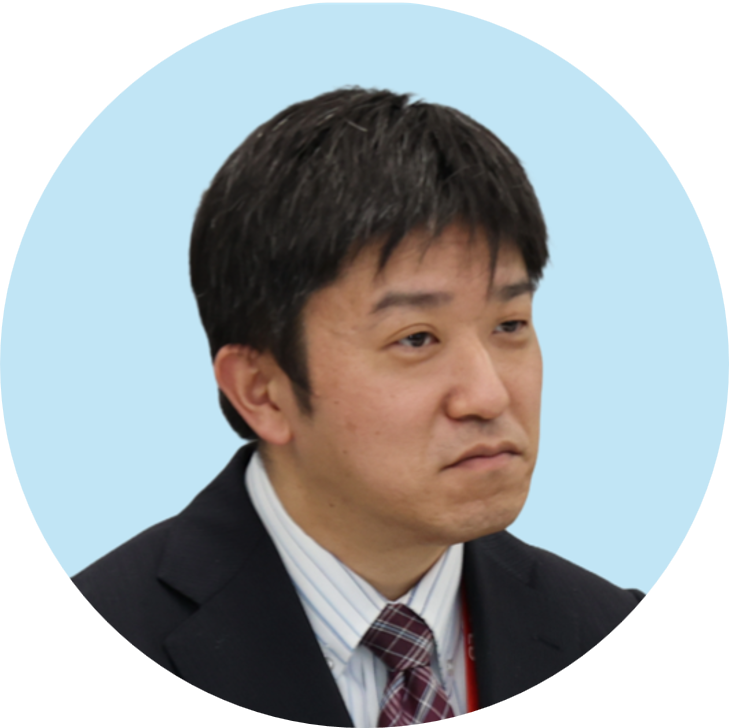
Manufacturing System Business
Mr. Yoshiaki Ohno
Manufacturing System Division 2, Group 1

Manufacturing System Business
Mr. Kaori Watanabe
Manufacturing System Division 2, Group 1
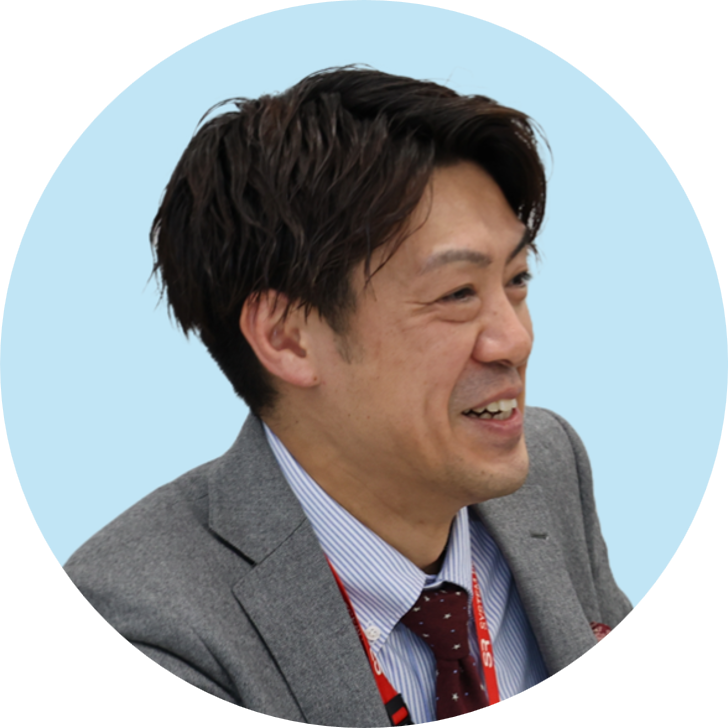
Manufacturing System Business
Mr. Tomonobu Sakai
Sales Management Group
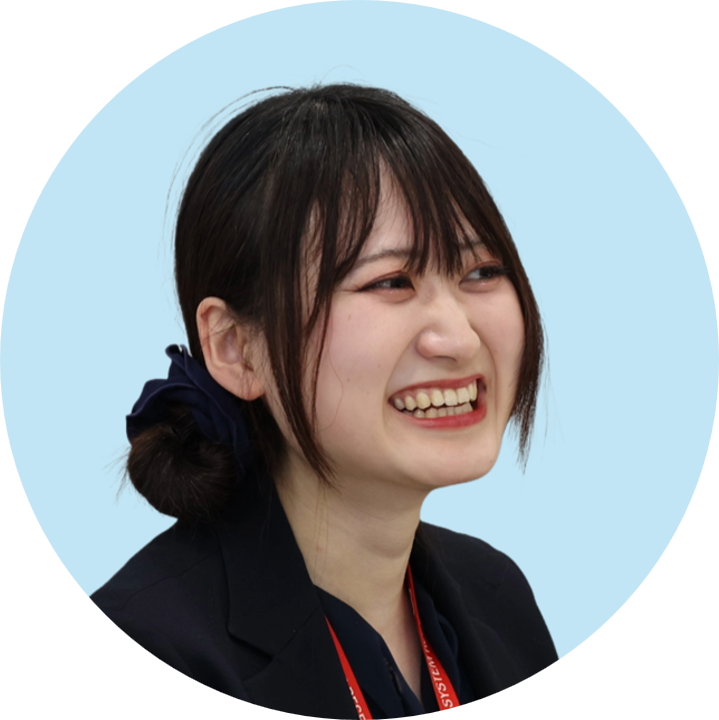
Manufacturing System Business
Ms. Sawa Tanaka
Sales Management Group
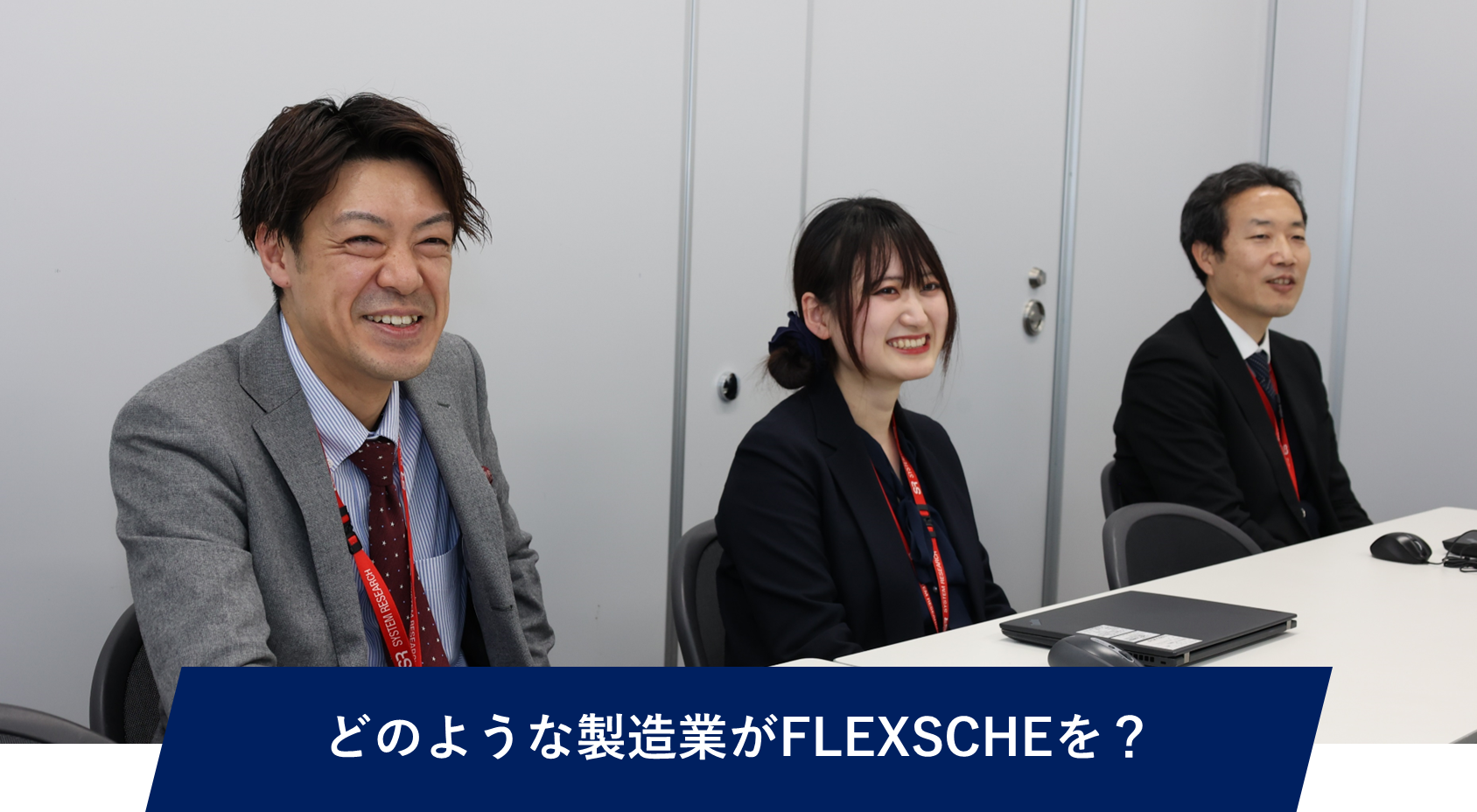
-
 FLEXSCHE
FLEXSCHE
-
Let's get started. Could you tell us about System Research's market area and the industries of your customers concerning the FLEXSCHE proposal?
-
 Suga
Suga
-
Our company has offices in Nagoya, Tokyo, and Osaka, but since our headquarters is in Nagoya City, Aichi Prefecture, the Tokai area, where manufacturing is thriving, is our main focus. Since the COVID-19 pandemic, we have had more opportunities to meet with distant customers via web conferences, and our coverage is expanding to the Kanto and Kansai areas. As for the industries, perhaps due to the regional characteristics, there seems to be a high proportion of automotive parts manufacturers, especially in Aichi Prefecture.
-
 FLEXSCHE
FLEXSCHE
-
What kind of consultations do you receive?
-
 Suga
Suga
-
We receive many inquiries about various problems and challenges from our customers, but the most notable is the elimination of the personalization of planning tasks. There was a request to standardize production planning tasks. I think this is a common challenge for many in the manufacturing industry.
-
 Kobayashi
Kobayashi
-
Indeed, there are many discussions about eliminating personalization. Previously, I had the opportunity to speak with a production planner in the manufacturing industry while developing a system from scratch, and the requirements they had were extremely complex, making it difficult to develop from scratch, so we had to abandon it. Through that experience, I realized that production planning in the manufacturing industry is in the realm of craftsmanship, with veterans spending hours putting it together.
-
 Sakai
Sakai
-
Personalization is also a frequently heard issue, but in my case, I often receive consultations from manufacturing companies struggling with the production planning tasks themselves, such as wanting to "adhere to delivery dates" or "improve production efficiency."
-
 Tanaka
Tanaka
-
Since I am still new to the FLEXSCHE team, I didn't know, but when I participated in an exhibition for the first time the other day, I was surprised to see so many customers at the exhibition booth, realizing how much demand there is for FLEXSCHE! It made me deeply feel that many in the manufacturing industry have challenges and have high expectations for FLEXSCHE.
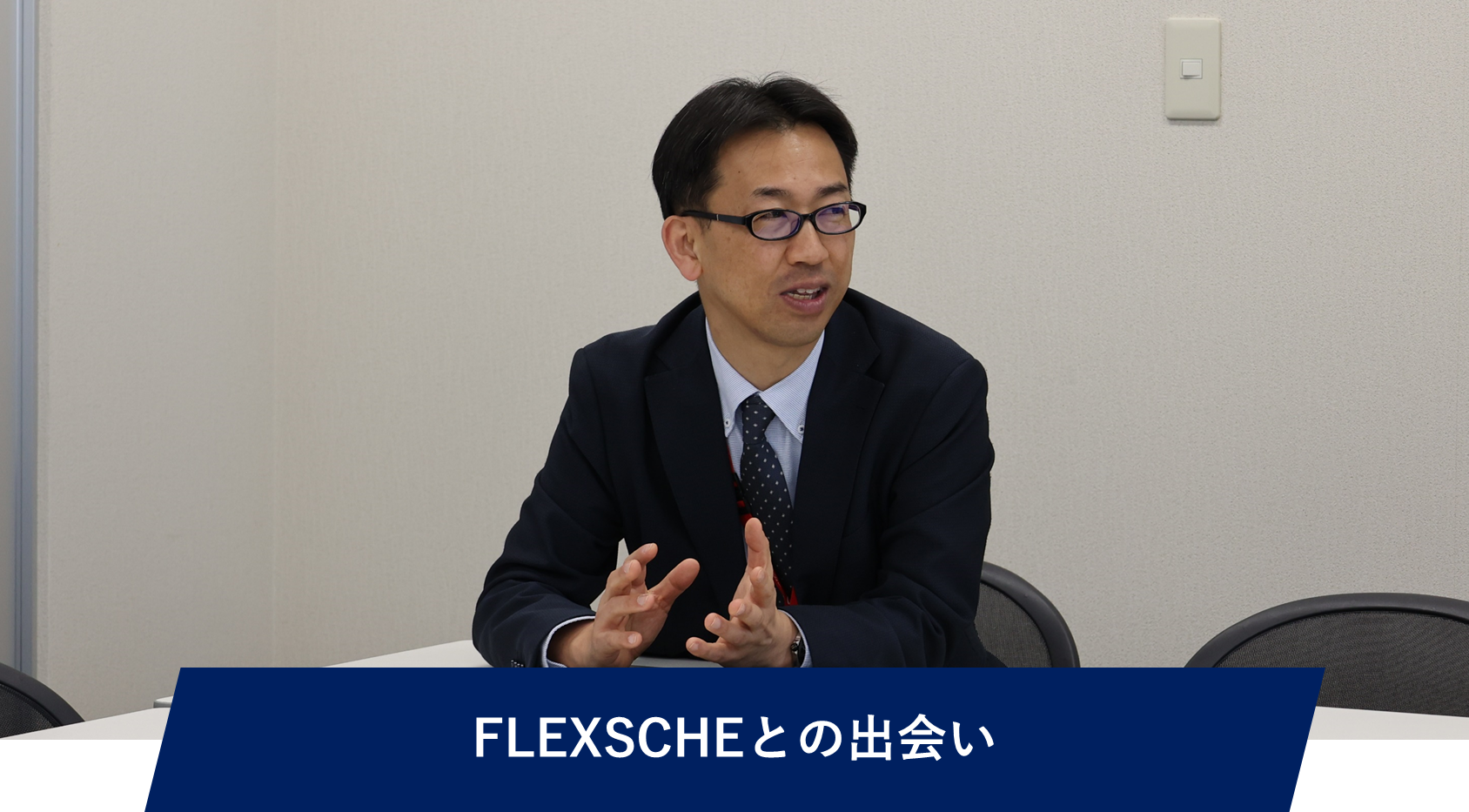
-
 FLEXSCHE
FLEXSCHE
-
By the way, could you tell us how you became a business partner of FLEXSCHE?
-
 Suga
Suga
-
Our relationship with FLEXSCHE dates back to around 2012, about 12 years ago. At that time, we were considering expanding our solution business for manufacturing companies and were having daily discussions. We were also building a logistics-related package as our product, and there was a proposal to develop a production management package in-house. However, since in-house development would take time and cost, there was also the opinion that if there were excellent package products already available, we should provide value to manufacturing companies by integrating them.
-
 FLEXSCHE
FLEXSCHE
-
Is that so? Why was such consideration necessary?
-
 Suga
Suga
-
Originally, our company had a style of developing from scratch to meet user needs, but we thought it was also necessary to provide value and services to manufacturing companies through other means. We were exploring proposals in the so-called solution business and package business. At that time, we happened to receive a call from FLEXSCHE, and my colleague in the general affairs department connected the call to me. It was Mr. Mochizuki who called us back then. That was the first time I learned about FLEXSCHE, and when they came to Nagoya, they introduced their product to us, which was the initial trigger.
-
 FLEXSCHE
FLEXSCHE
-
Is that so? What was the decisive factor that led to the partnership agreement with FLEXSCHE from this encounter?
-
 Suga
Suga
-
When I first heard about it, I remember being very surprised by the speed of screen rendering and the smooth operability of the FLEXSCHE product, even though we were in the same industry. Various production schedulers were already on the market at that time, but I thought FLEXSCHE was a product with excellent functionality and operability, and I almost intuitively felt that FLEXSCHE was good.
-
 Mizuno
Mizuno
-
We were also investigating other package products around the same time, but there were various barriers to handling most of them. This might be misunderstood, but in the case of FLEXSCHE, it felt like the people at FLEXSCHE were very friendly, which made it easier for us to proceed with discussions.
-
 FLEXSCHE
FLEXSCHE
-
That's quite an interesting background. Have there been any changes in sales since you started handling FLEXSCHE?
-
 Ohno
Ohno
-
I feel that the sense of speed is different from before. I joined the FLEXSCHE team last year, and before that, I was involved in system development from scratch. With scratch development, you need to build from the ground up, so it took time to show customers an image, which was a concern. Since FLEXSCHE is a package software, even just introducing the standard features can convey the operational image for actual business use, allowing us to propose to any manufacturing industry with a sense of speed.
-
 Sakai
Sakai
-
I also have a long experience in sales for system development from scratch. Since becoming in charge of sales for FLEXSCHE, I realized that sales could be something where customers say "thank you" so much. My perception of this job changed drastically after I started proposing FLEXSCHE. For example, when I show a demonstration of FLEXSCHE to manufacturing representatives, questions like "What should I do in this case?" "Can it handle that case?" "We have this kind of operation too?" come flooding in. When I explain, showing the FLEXSCHE screen, saying "This feature can solve the assignment issue" or "That feature can display it," their expressions change, and I receive happy reactions like "This can free us from that struggle!"
-
 Suga
Suga
-
Having been involved in sales in the past, I am impressed daily by the high appeal of FLEXSCHE proposals. It's not just about being a yes-man in sales; we share the customer's challenges and have them empathize with what FLEXSCHE can solve, leading to their satisfaction and purchase. We can form a scrum with the customer and work together as one to solve challenges for project success. I feel that FLEXSCHE is truly a product that embodies our company's management vision of being an "IT partner that supports business."
-
 FLEXSCHE
FLEXSCHE
-
FLEXSCHE seems to align well with your company's management vision.
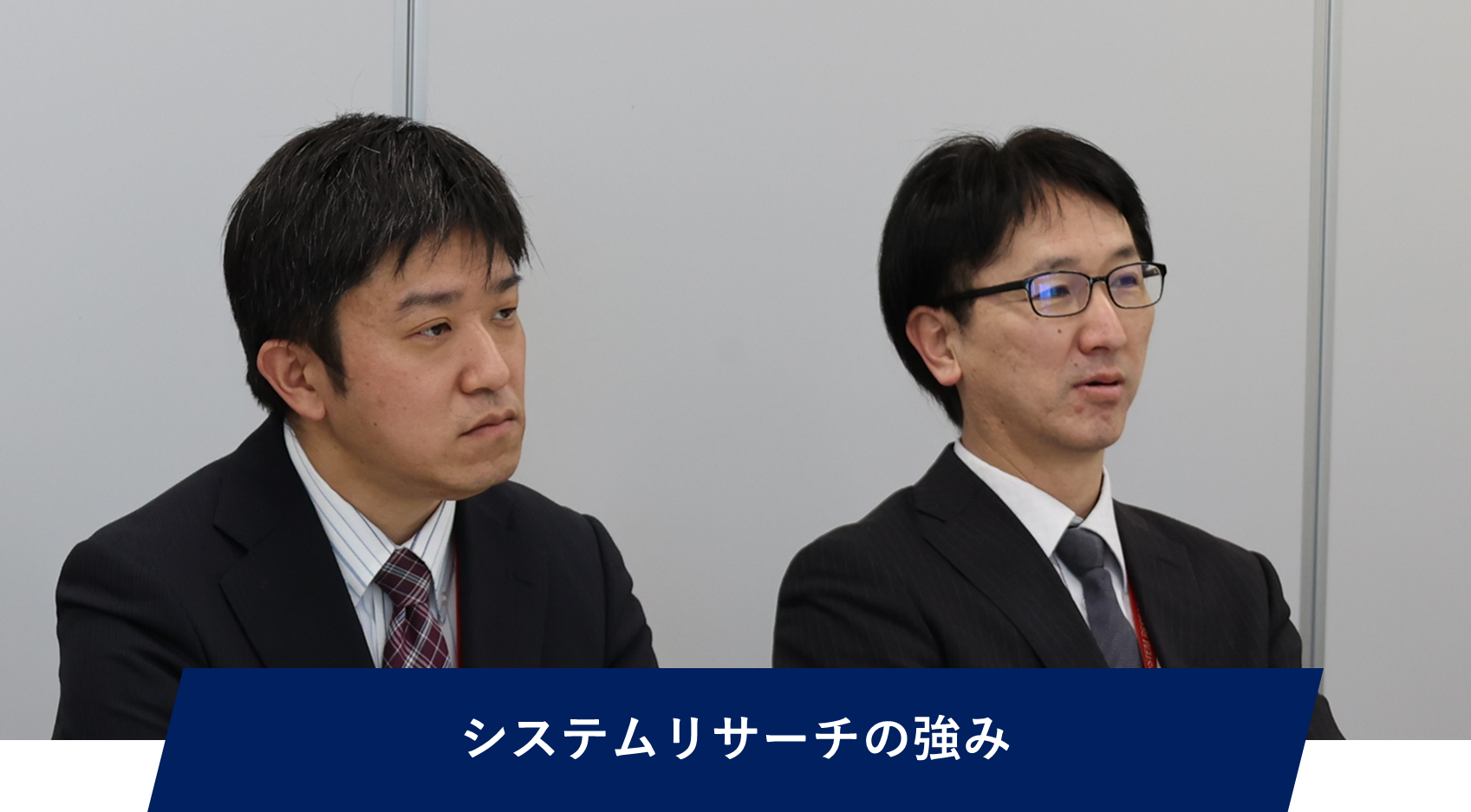
-
 FLEXSCHE
FLEXSCHE
-
What do you think is your company's unique strength when proposing FLEXSCHE to customers?
-
 Kobayashi
Kobayashi
-
Our company has been in the system integration business for many years and is well-versed in systems across various industries and sectors. We have many highly skilled engineers, so we can develop systems from scratch, and we also handle package software like FLEXSCHE that can be introduced quickly. I believe our unique strength lies in our ability to flexibly propose the best solution for the customer's challenges.
-
 Suga
Suga
-
In addition, I think our strength lies in our ability to discern and propose the essence of the challenges. It may seem obvious, but visible challenges are rarely the essence, and it's important to bring out and discern the real issues. It's easy to say "we can do it" to the requirements given, but as an "IT partner that supports business," we can understand the customer's business, discern the essential challenges, and propose solutions.
-
 Oga
Oga
-
FLEXSCHE, as its name suggests, is a highly flexible system, so it can accommodate a certain extent of requests from customers. Once customers realize that various challenges can be solved with FLEXSCHE, their requests often grow, wanting to solve everything at once, which can become unmanageable. That's why we believe it's important to listen to the customers, use our expertise to consolidate the requirements together with them. Projects have budgets and deadlines, so one of our strengths is to resolve as many customer challenges as possible within the limited scope and connect it to business improvement.
-
 FLEXSCHE
FLEXSCHE
-
Your company possesses the know-how to guide customers with various requirements to their goals without hesitation.
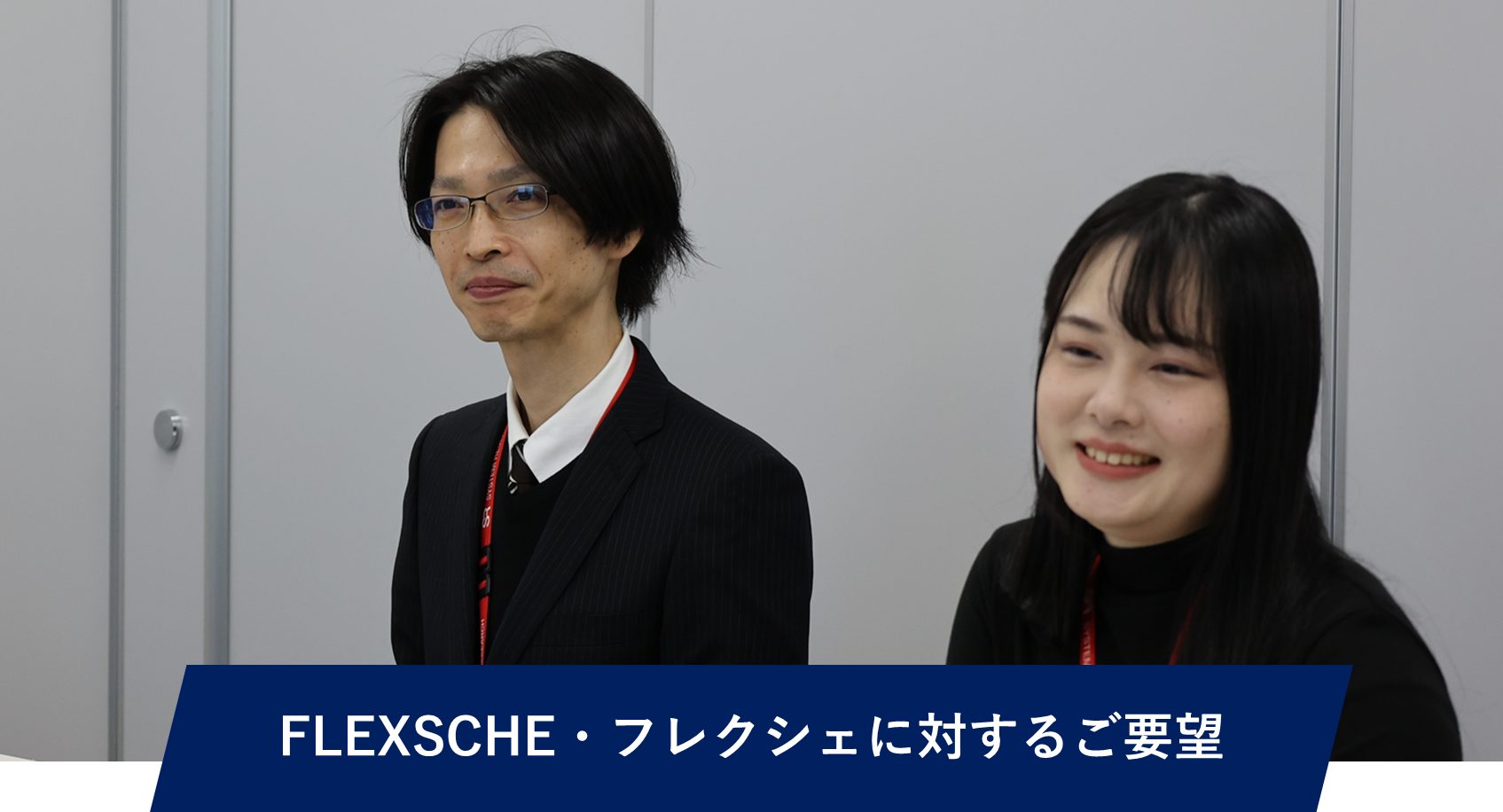
-
 FLEXSCHE
FLEXSCHE
-
Could you tell us if there are any improvements you wish for in FLEXSCHE?
-
 Mizuno
Mizuno
-
We've been working with FLEXSCHE for over 10 years, so I think we have a broad understanding of it. When educating new members, if there's something they don't understand, Oga or I, with our long careers, cover it, and if we still don't know, we can always ask FLEXSCHE through mailing lists, so I can't think of any particular improvements I wish for.
-
 Watanabe
Watanabe
-
If I had to say, when I was studying FLEXSCHE, I couldn't figure out how to debug dispatching, and I spent quite a bit of time researching how to do it. I remembered it was mentioned in a training video, but I couldn't recall which video it was in, so it took time to find the relevant part.
-
 Ohno
Ohno
-
The training videos are easy to understand, and the ability to watch them repeatedly is an advantage that wasn't available in the previous face-to-face training. However, if you want to check just one specific point, each video is quite long, making it difficult to find it later. If there were a feature to reverse-search not only in videos but also in manuals, it might make it easier for those learning FLEXSCHE in the future.
-
 FLEXSCHE
FLEXSCHE
-
Indeed, some videos are over an hour long, so it can be challenging to find a specific function. There is still room for improvement in training videos and manuals, so we would like to review them to make them even more user-friendly in the future.
-
 Mizuno
Mizuno
-
Changing the subject, FLEXSCHE has been hosting various study sessions recently. I've participated several times, and I find them meaningful as I can gain new insights from the sessions. Participants include both customers and partners, and there is a difference in prior knowledge between veterans and newcomers. It might be better to hold study sessions that are broader and deeper, tailored to the participants' levels. Increasing the frequency would also make it easier to participate.
-
 FLEXSCHE
FLEXSCHE
-
That's right. In fact, we've received similar feedback from many who have participated in the study sessions, and we strongly feel the significance of these sessions. We also want to strive to hold study sessions on a wide range of topics and levels in the future.
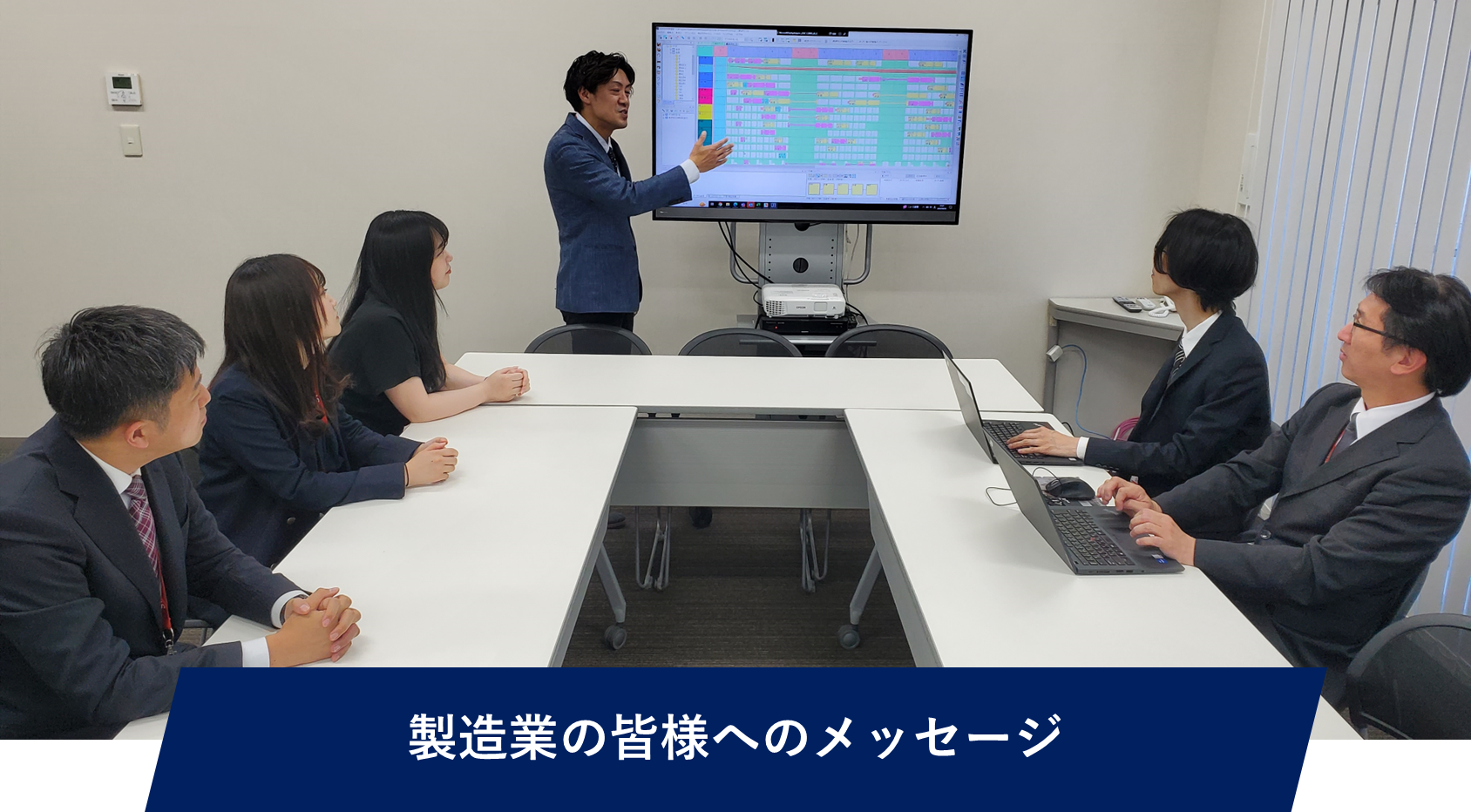
-
 FLEXSCHE
FLEXSCHE
-
Finally, please share a message with those in the manufacturing industry.
-
 Sakai
Sakai
-
Among the customers who consult with us, there are many who couldn't fully utilize a different scheduler they introduced in the past. Every time we hear stories of failed attempts to improve or unsuccessful efforts, we sincerely feel that we might be able to help. We hope such customers get to know FLEXSCHE and seize the opportunity to transform their entire company along with successful experiences. If you are considering introducing a production scheduler, please feel free to contact us.
-
 Tanaka
Tanaka
-
If you share your challenges with us, we will make proposals with enthusiasm to contribute to solving them. So, if you have any challenges, we would like not only those in charge of planning and information systems but also those on the ground to reach out to us.
-
 Oga
Oga
-
Ultimately, I believe the ideal is for customers to be able to use FLEXSCHE independently. This is because if customers can continue to use FLEXSCHE independently, the effects of its introduction will continue indefinitely, leading to true success. If you are a manufacturing company aiming for true success, please feel free to consult with us.
-
 Suga
Suga
-
As has been mentioned several times, companies in the manufacturing industry face significant challenges in production planning. The personnel in charge are often caught between various departments within the company, leading to constant stress. Many of these companies are still unaware of FLEXSCHE. By introducing FLEXSCHE, there is significant value in simply visualizing the current and future factory load. It is important for manufacturing companies to connect this to improvement activities. Themes for improvement, such as inventory reduction, delivery date response, lead time compression, and increased operation rates, are likely to increase. We hope to continue supporting manufacturing companies through FLEXSCHE to help them succeed.
| Return to HOME |
